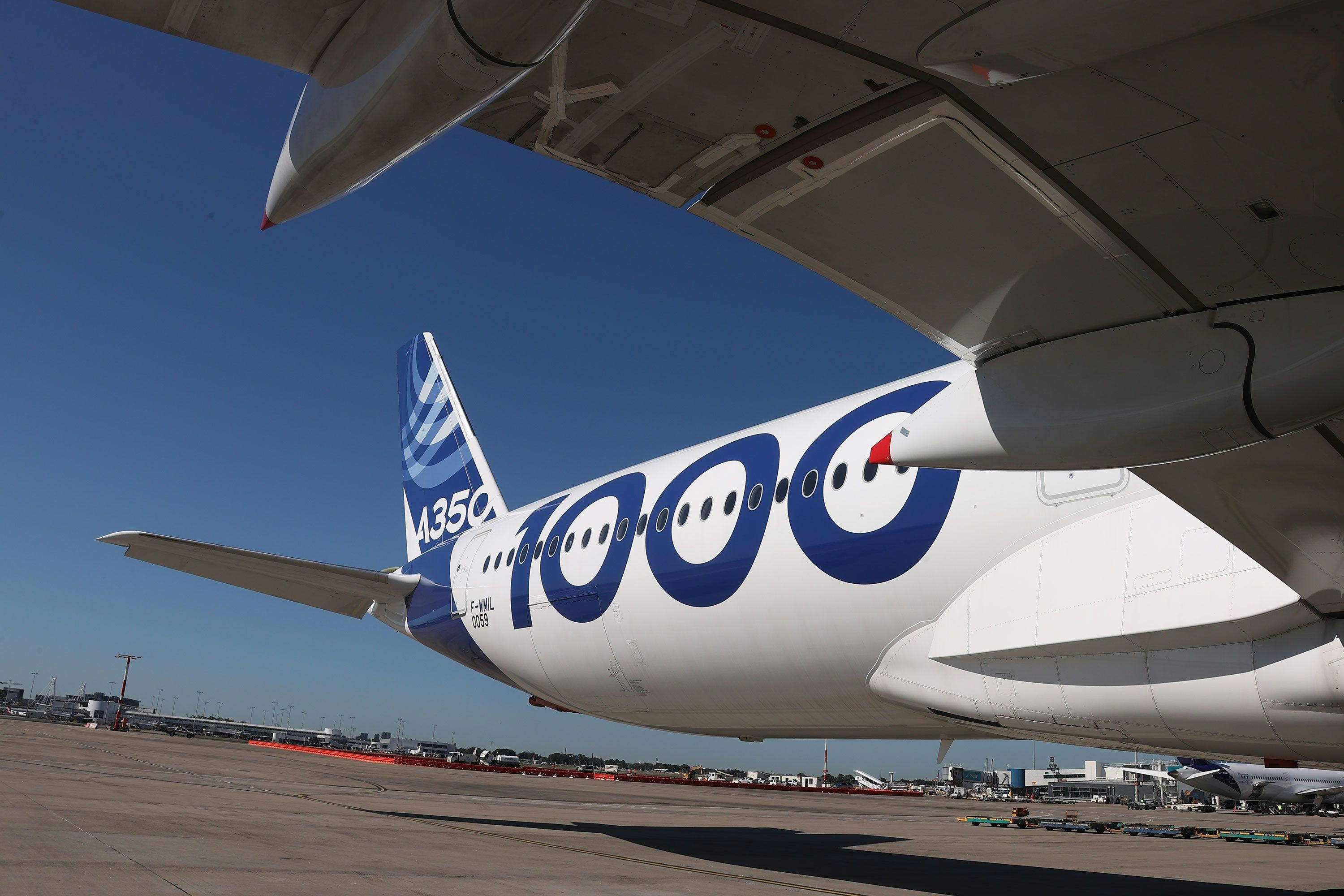AeroGenie — Tu copiloto inteligente.
Tendencias
Categories
Airbus A350 Orders Canceled Amid Market Shifts

Airbus A350 Orders Canceled Amid Market Shifts
Aeroflot’s Evolving Relationship with the A350
The Airbus A350, introduced over two decades ago, has recently experienced a wave of order cancellations and shifting market dynamics, with Russian carrier Aeroflot’s involvement standing out. Aeroflot initially placed a firm order for 22 A350XWB aircraft in 2007, aiming to modernize its long-haul fleet and expand its international reach. However, the delivery timeline proved protracted, with the airline receiving its first A350 only in early 2020. This arrival coincided with the onset of the COVID-19 pandemic, which severely curtailed global travel demand, particularly on the long-haul routes the A350 was designed to serve.
Despite these challenges, Aeroflot marked the delivery of its inaugural A350 on February 28, 2020, in Toulouse. The aircraft featured a new three-class cabin configuration accommodating 316 passengers. Initial routes included London Heathrow, with plans to extend service to Los Angeles, Male, and Osaka. The airline harbored broader ambitions for the A350, intending to deploy the aircraft on routes to Beijing, Miami, New York, and Dubai as its fleet expanded.
However, Aeroflot’s A350 program soon encountered setbacks. In January 2017, the airline and Airbus mutually agreed to cancel orders for the A350-800 variant—a model that never entered production—reducing the order book by eight aircraft while retaining 14 A350-900s. The relationship further deteriorated in 2022 amid escalating geopolitical tensions and market uncertainties, complicating Aeroflot’s position within Airbus’s customer base.
Industry-Wide Challenges and Market Dynamics
The difficulties faced by Aeroflot reflect broader challenges within the aerospace sector. The industry is currently grappling with significant supply chain disruptions, which are expected to cost airlines more than $11 billion in 2025. These disruptions have delayed aircraft production timelines and forced airlines worldwide to reconsider their fleet strategies, often resulting in order cancellations or deferrals.
Competitive dynamics are also shifting. Airbus has overtaken Boeing in narrowbody aircraft deliveries, with the A320 family outpacing the 737. This shift is largely attributed to Boeing’s ongoing manufacturing setbacks and Airbus’s strategic focus on cost reduction. Meanwhile, major carriers such as the Lufthansa Group are streamlining their long-haul fleets, planning to retire six aircraft types by 2030. Such moves are likely to influence future demand for widebody aircraft like the A350.
As airlines adapt to these evolving market conditions, the future of the Airbus A350 remains uncertain. The combination of order cancellations, changing fleet plans, and persistent supply chain pressures underscores the broader turbulence confronting the aviation industry today.

Factors Positioning Airbus for Leadership in 2026

Emirates Unveils Cabin Design for New Boeing 777X

Eighteen Years On, the Airbus A380 Remains Central to a $34 Billion Airline

How a boom in luxury airline seats is slowing down jet deliveries

Navitaire Outage Attributed to Planned Maintenance

Airbus Plans Record Delivery of 870 Aircraft in 2026

DigiYatra Debuts Outside Aviation at India AI Impact Summit

Vietnam Orders Strengthen Boeing’s Commercial Outlook

Airbus Signals Uncertainty Over Future A400M Orders

JobsOhio Awards $2 Million Grant to Hartzell Propeller for Innovation Center
